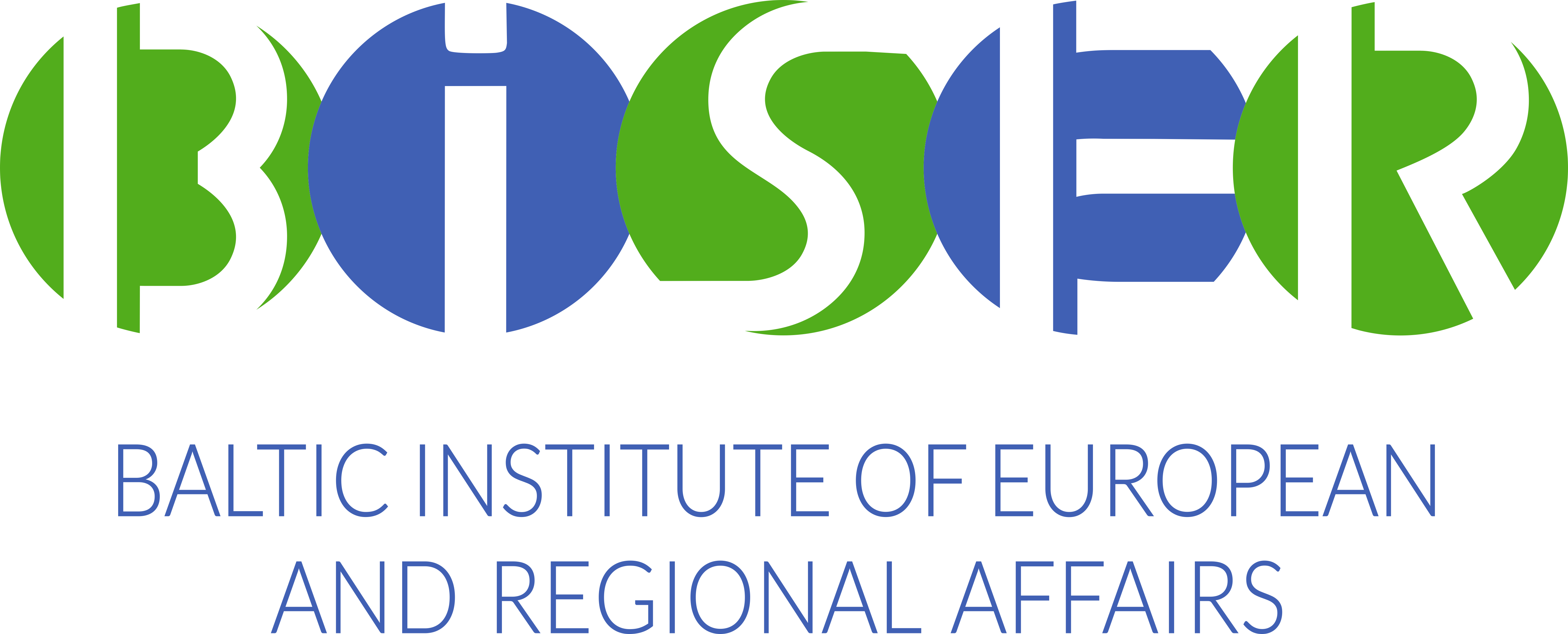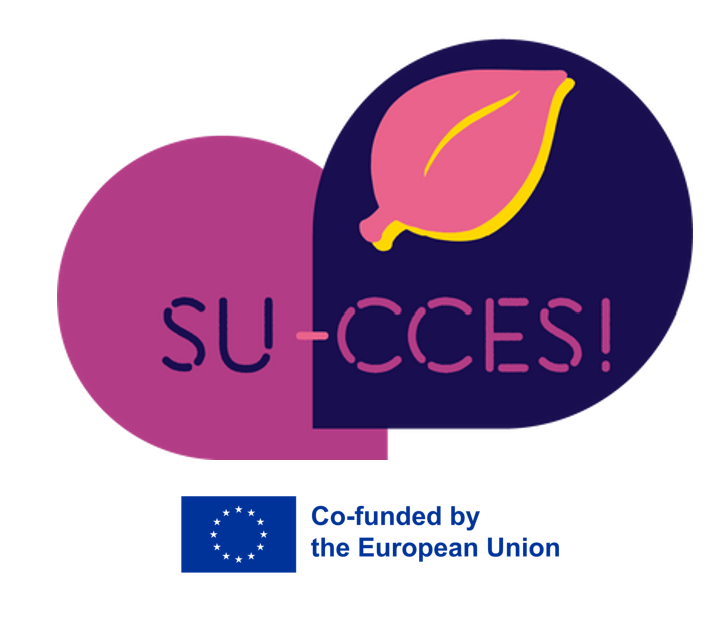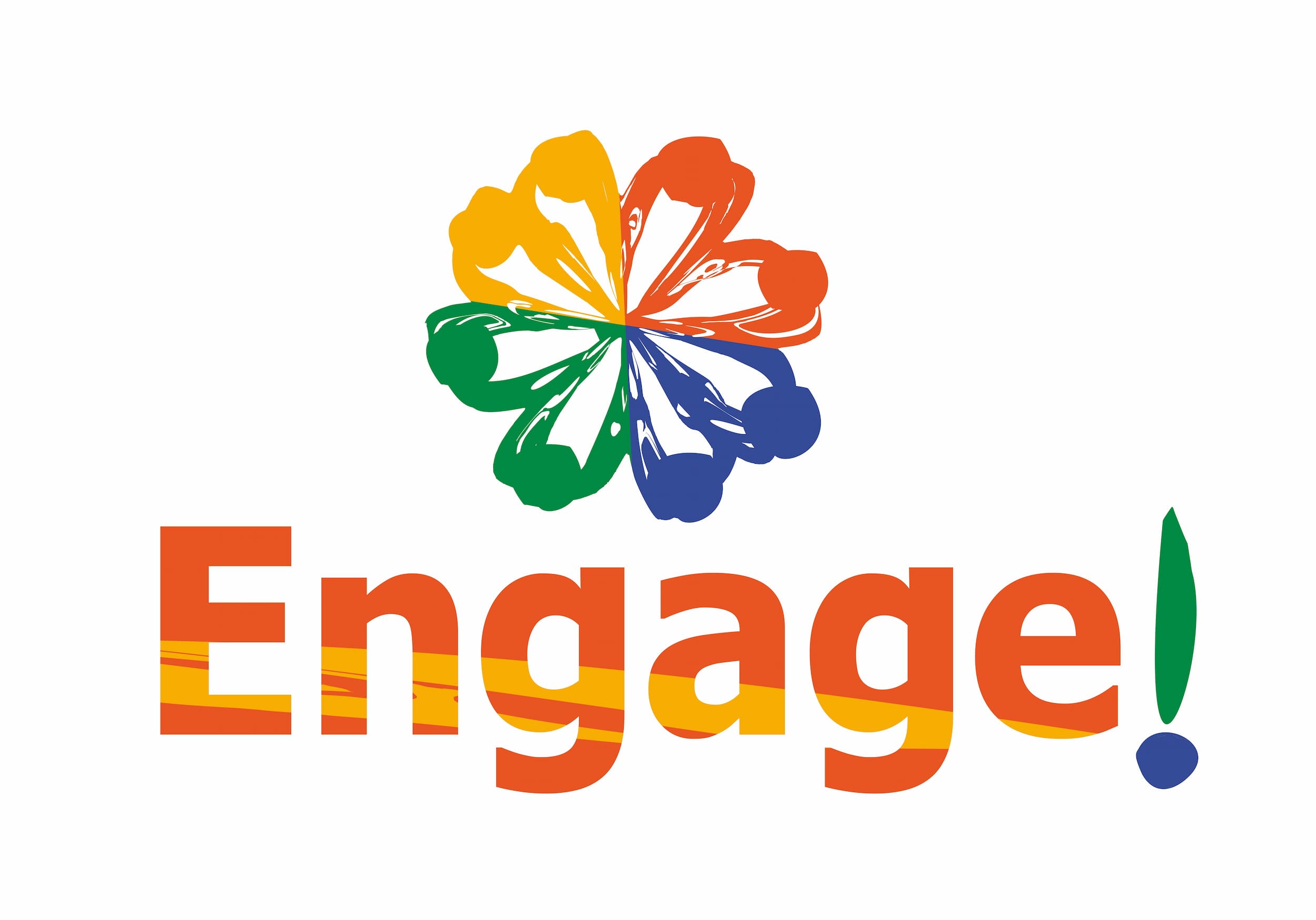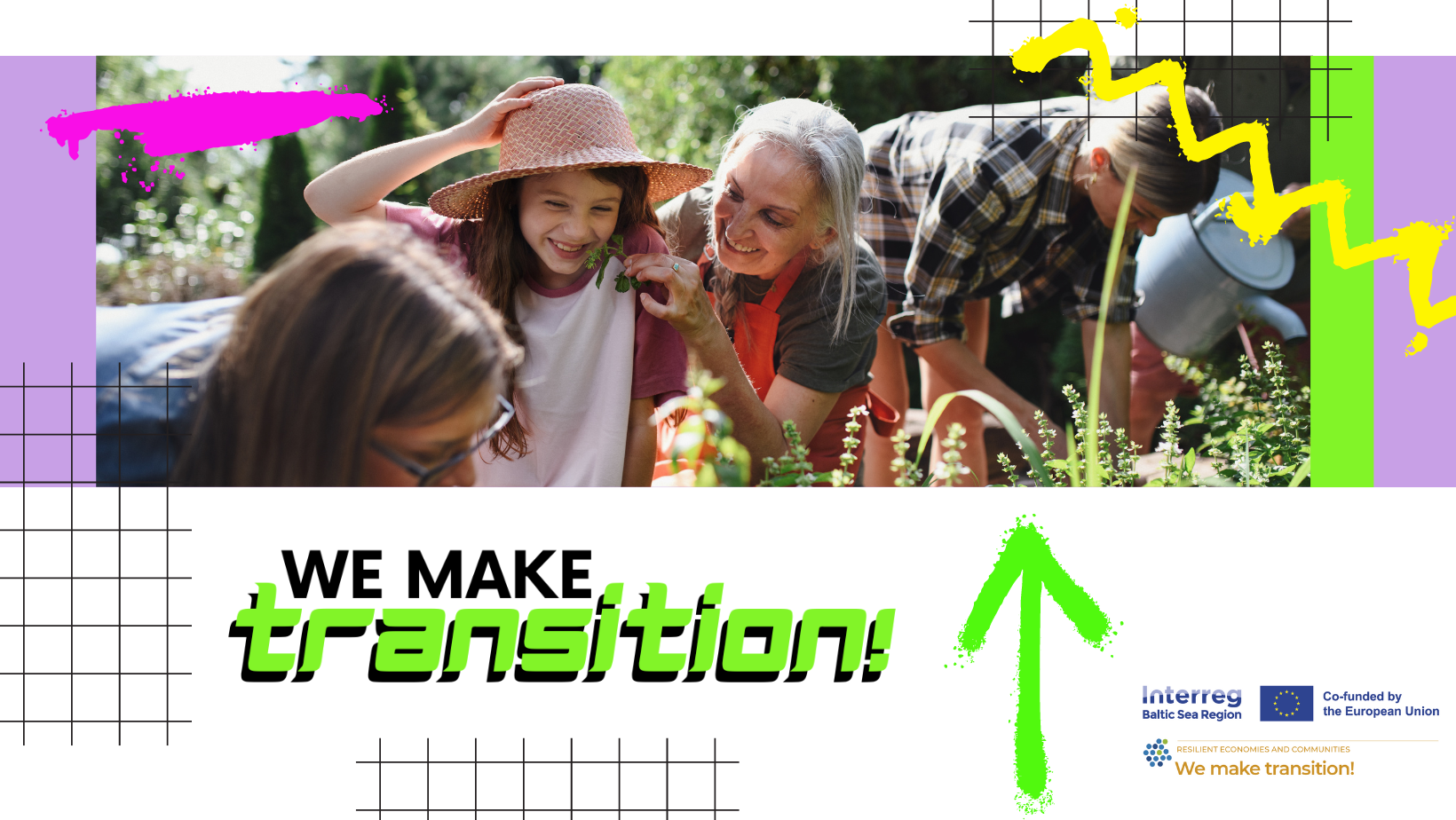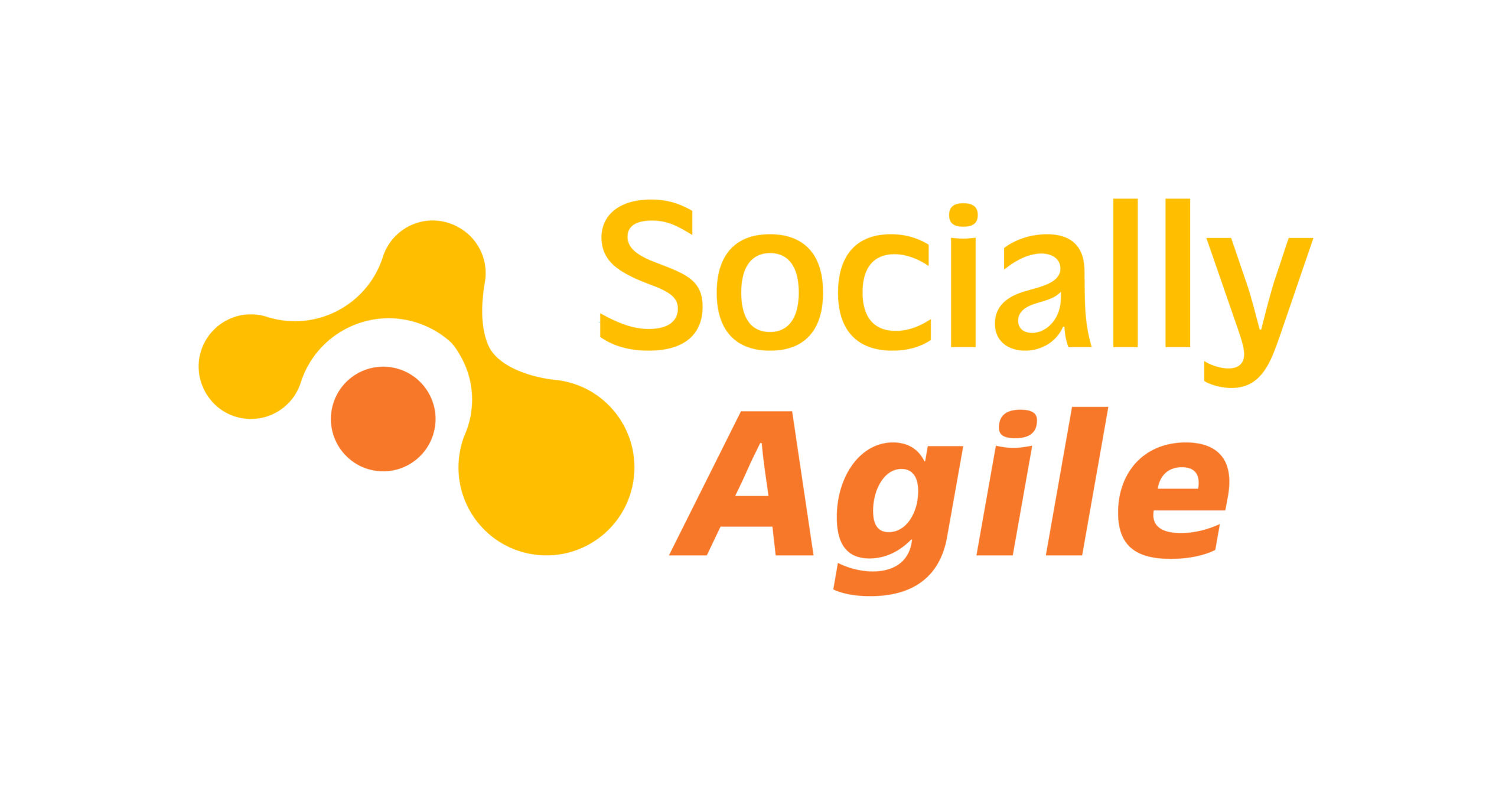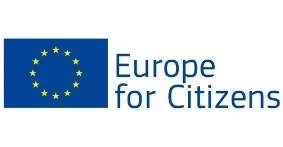The civil society sector in Norway is a vital part of the country’s society and economy. It comprises NGOs, think tanks, foundations, and other organisations that work to improve the lives of Norwegian citizens. The sector is also a significant recipient of EEA Grants, grants from the European Union (EU) used to finance projects in Norway that promote social and economic cohesion.
The civil society sector in Norway has a long history of success in promoting social and economic cohesion. For example, the sector was instrumental in helping to integrate Polish immigrants into Norwegian society. Today, the sector is vital in promoting social and economic cohesion in Norway.
Organisation and Coordination: The civil society sector in Norway is well-organised and coordinated. The country’s most prominent NGOs, such as the Norwegian Cancer Society, have strong partnerships with the government, universities, and other organisations, allowing them to coordinate their efforts successfully. The Norwegian Council for Organisations for the Disabled (FIR) and the Norwegian Federation of Women’s Organisations (KFUK) represent the interests of their respective member organisations in areas such as human rights and education. They act as intermediaries between the members and other organisations, enabling them to coordinate their efforts and collaborate on projects. They also advise and support members on various social and economic issues. Funding: The civil society sector in Norway can finance its projects through multiple sources. The sector receives EEA Grants, funds from the government and other public sector sources, and private donations. Organisations also receive significant funding from private sponsors, which helps them remain independent and sustainable. These sponsors include the likes of large companies, trusts, and foundations that are committed to providing resources for the sector.
Additionally, many Norwegian citizens donate to organisations, demonstrating the country’s commitment to civil society. Impact: The civil society sector in Norway has had a tremendous impact on the country’s social and economic cohesion. Through advocacy efforts, organisations have successfully influenced the government’s decisions on various social and economic issues. For example, the Norwegian Cancer Society has worked to promote cancer prevention and awareness in Norway. This has resulted in greater access to cancer screenings, improved treatment methods, and more funding for cancer research. In addition, organisations such as the Norwegian Gender Equality Network and the Women’s Rights Association have successfully promoted gender equality in Norway. Through their efforts, they have reduced gender inequality in areas such as education, health, and employment. Conclusion: The civil society sector in Norway is a vital part of the country’s society and economy. It is well-organised and coordinated and receives significant funding from the government, European Union, and other private sponsors.
Furthermore, the sector has tremendously impacted social and economic cohesion in the country. Their advocacy and educational efforts have successfully promoted essential issues like cancer prevention and gender equality. The civil society sector in Norway is a prime example of how civil society can play a vital part in improving the quality of life for citizens within a country.
Want to know more about NO civil society actors, or would you like us to help you find partners for international collaboration? Let us know! Within the ENGAGE! project, we organise bilateral meetings for organisations from Poland and Norway. With support from BISER and AGder COunty, our partner in Kristiansand, you can find a reliable partner and start a mutual collaboration.


